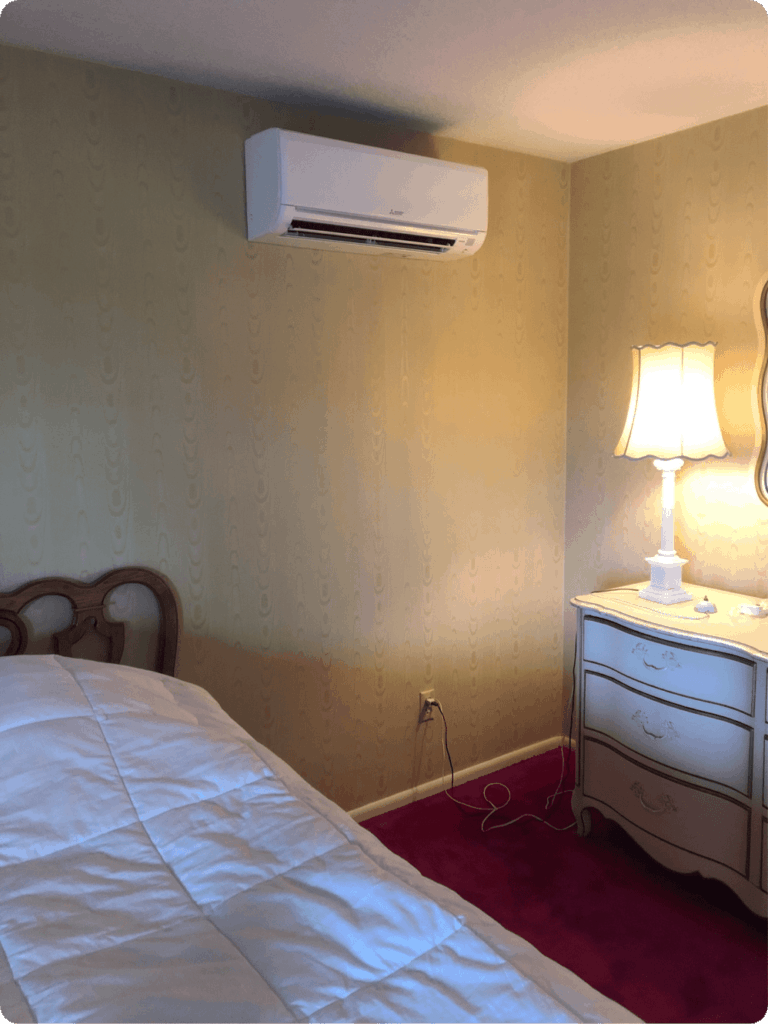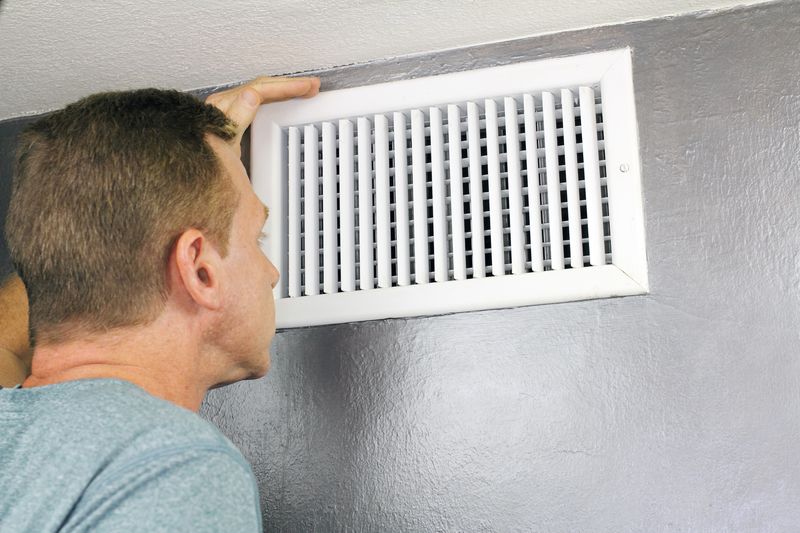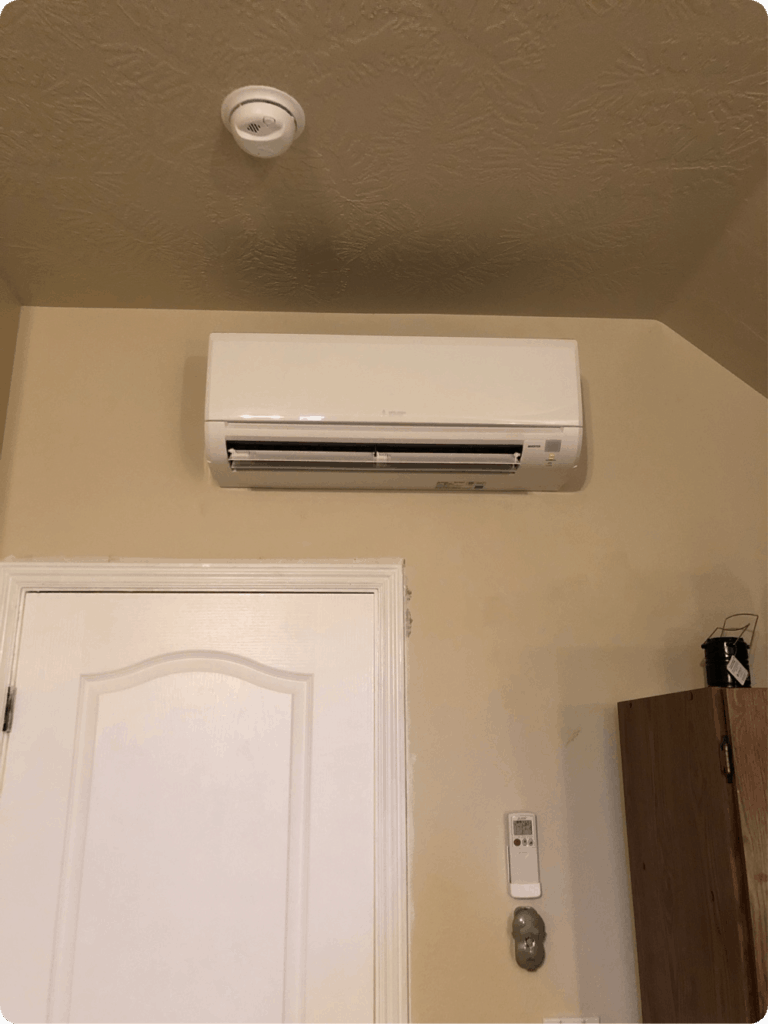 Having a basement get too hot in the winter isn’t the most common heating and cooling problem in the Boise, ID, area. But, it’s still a problem we hear about often enough when it gets cold out: As you crank up the heat to make the upstairs warmer, the basement ends up much warmer than you wanted it.
Having a basement get too hot in the winter isn’t the most common heating and cooling problem in the Boise, ID, area. But, it’s still a problem we hear about often enough when it gets cold out: As you crank up the heat to make the upstairs warmer, the basement ends up much warmer than you wanted it.
Then, as if to add insult to injury, it still may not get as warm upstairs as you want!
Meanwhile, however, you’re making the downstairs too hot while trying to heat the second floor.
All the while, you’re making your HVAC system work harder and harder. That means rising energy costs. And a possible breakdown or shorter life for your forced-air furnace if you overwork it.
But, it doesn’t have to be this way!
Thanks to today’s technology, we can isolate the causes for your basement getting too hot. And, we can recommend some tried-and-true methods and great new strategies to fix the problem.
Three Reasons Your Basement Is Too Hot In The Winter
Here are four common reasons a basement gets too hot in the winter. We’ll start with what you can’t really change. Then, we’ll look at items you can address:
- Foundation Slows Down Temperature Changes
- Ductwork Is Poorly Sealed
- Poor Air Circulation
Foundation Slows Down Temperature Changes
Your basement is probably the most insulated part of your home. Between the concrete and especially the dirt around the foundation, there’s almost no air leakage.
On top of that, you likely only have one or two small windows down there. So, you don’t get the same drafts as you do upstairs.
That’s why the cellar stays cool in the summer: The heat’s not getting in there. But, in the wintertime, the heat can’t get out.
Your furnace generates an awful lot of heat in the winter. That’s especially so if your second floor is usually drafty. People tend to turn the thermostat higher to compensate.
So, now you’ve got all that heat with no place to go. If you have a vent in the basement, you’re getting the most substantial pressure in the house down there. And, it’s building up all the time.
But, the pressure drops as the air moves further away from the furnace. So, even on the first floor, you’re not getting the same amount of circulation. That can lead to your basement being the hottest part of the house.
Your Ductwork Is Poorly Sealed
The insulated basement gets even hotter if you have holes, splits, or leaks in the ductwork. In this case, you’ve got even more warm air seeping into the basement.
There’s whatever comes through a vent down there if you have one. Then, hot air that’s supposed to be going upstairs never makes it out of the basement.
And, with the extra insulation your foundation provides, that heat stays there.
You Have Poor Air Circulation
 In general, poor air circulation in the house can lead to a hot basement. Once again, heat from the furnace that reaches the basement doesn’t leave the basement.
In general, poor air circulation in the house can lead to a hot basement. Once again, heat from the furnace that reaches the basement doesn’t leave the basement.
But, there’s also a thermostat issue.
If you have poor air circulation, then odds are the rooms upstairs are colder than downstairs in the wintertime.
We already mentioned how people overcompensate by turning up the thermostat higher than they want. They do it so more heat reaches the bedrooms.
Well, that just means more heat collecting in the basement.
Even if you’re not cranking up the dial, your furnace is likely working more often. The thermostat registers that the house is cold because the warmth isn’t reaching as far as it should.
Then, once again, the heater keeps heating — and the cellar gets hotter.
Four Ways To Keep Your Basement From Getting Too Hot In The Winter
Here are four ways to keep your basement from getting too hot in the winter. We recommend calling a professional because you need to know the root cause first:
- Have Your HVAC System Inspected
- Seal Leaky Ducts
- Close Your Vent Registers
- Use A Mini Split Upstairs
Have Your HVAC System Inspected
The first step you should take is to have an HVAC technician look over your system. Sure, there’s a DIY step or two you can take. But, you need to know what’s causing the problem. And, having a professional opinion will go a long way.
For instance, a failing blower motor can reduce circulation. Or, your system is too big or too small for the house.
Unfortunately, you’d need to replace the heater to fix that problem. But, at least you’d know the cause.
Seal Leaky Ducts
An HVAC tech can measure static pressure, or how much resistance there is in your system. The more static pressure, the less air circulation you have.
They can also find leaks in any exposed ductwork. Sealing those is often a quick, inexpensive fix.
Close Your Vent Registers
Try closing any vent registers in the basement. Usually, we don’t recommend closing the vents because it messes with the airflow throughout the house. But, basements can be an exception.
Many times a vent in the basement is an afterthought to your system. So, if the ductwork and furnace weren’t built and installed with that extra vent in mind, you don’t mess with the flow by closing it off.
Use A Mini Split Upstairs
 As we’ve seen, the problem causing an overheated basement is often coming from above: Specifically, the second floor.
As we’ve seen, the problem causing an overheated basement is often coming from above: Specifically, the second floor.
When it’s drafty up there, the heater runs more often. Or, you’re turning up the thermostat to try and warm the bedrooms.
Instead, a one-zone or two-zone mini split can even out the temperature upstairs. That way, your furnace runs less — and your basement cools off a little.
Read More: How Much Does A Mini Split Cost for Homes in Boise, ID and Valley County?
With a mini split, you’ll put an air handler with its own thermostat in each room you want to treat. The air handlers run off a heat pump that’s separate from your forced-air system.
So, it supplements what you already have. And, since mini splits are super energy-efficient, you won’t see much of an increase in your electric bill.
Read More: How Do Mini Splits Work?
Or, if you’ve found out your furnace is the wrong size, you can opt for a heat pump mini split for the entire home. It’s one system for heat and air conditioning. And, you can customize the thermostats in every room.
Read Real Case Studies Of Mini Split Installations In Boise Metro and Valley County
It’s expensive upfront but saves you money in the long run. And, with more control over every room in the house, you’ll also dial in the temperature throughout your home. At that point, you may even add heating for the basement now that it’s not getting too warm.
Read More: Rebates and Financing Options For Treasure Valley Heat Pump and Mini Split Installations
Mini Split Installation Near Boise, ID
As a Mitsubishi Elite Diamond Dealer, Snowflake Air is the authority for mini split installations in the Boise, ID area and up through Cascade, Donnelly, and McCall, ID. Starting with a free consultation, we’ll help you decide if ductless heating and cooling is right for your home. You can click below or call us at (208) 205-9078 to learn more.



